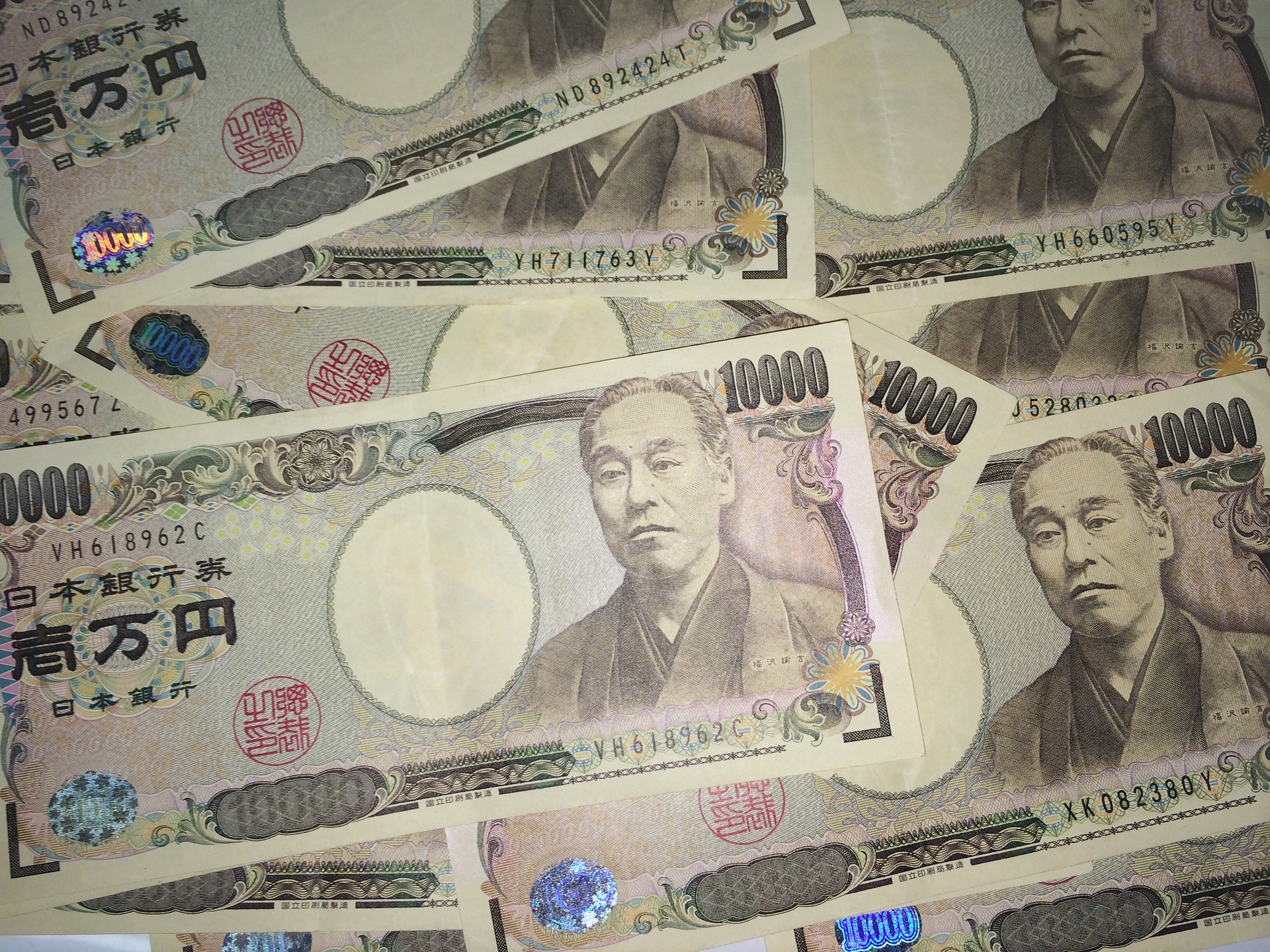Schroders: The case for Japan as Abe departs
Schroders: The case for Japan as Abe departs

Shinzo Abe is stepping down as prime minister but the uncertainty this may create should not detract from an encouraging picture for Japanese equities.
Shinzo Abe has announced his resignation as prime minister of Japan, due to the resurgence of a long-standing health problem. His resignation comes just four days after he recorded the longest continuous term of any Japanese prime minister.
Despite Abe’s imminent departure, we think there is likely to be continuity in both fiscal and monetary policy. We would also highlight Japan’s response to the Covid-19 crisis, which has been relatively more successful than other developed market economies.
Meanwhile, Japanese corporates have strong balance sheets that leave them well-placed to weather a global downturn.
Continuity of both fiscal and monetary policy even without Abe
The news that Abe would step down was already breaking during stock market trading hours on Friday 28 August. Japanese shares dipped initially but stabilised by the close, before the full details were available.
Abe’s departure is down to an existing health condition. Nevertheless, it is also the case that his popularity had declined, albeit his rating remained above the critical 30% level.
This low popularity came despite Japan’s relatively good virus data. Japan has taken a very different path through the Covid-19 crisis compared to other developed market countries. It has seen far fewer infections and deaths without the implementation of a strict lockdown.
The reasons for Japan’s relative success in containing the virus remain unclear, and the population isn’t giving much credit to the government for it. Much seems to rest on the population’s existing high levels of risk aversion, including the habitual wearing of masks.
The public have been critical of perceived inconsistencies in the response to the virus and the recent uptick in cases of new infections – albeit from a very low base.
Even prior to Mr Abe’s announcement, expectations on the political timetable were already complicated by the pandemic and the postponement of the Tokyo Olympics to July/August 2021. A general election is due in October 2021 but, in the last few weeks, we had been looking at an increased chance of a snap election in autumn 2020.
From here, Mr Abe will remain as prime minister through the Liberal Democratic Party (LDP) leadership election. We think potential successors could include Chief Cabinet Secretary Yoshihide Suga, LDP policy chief Fumio Kishida, Defence Minister Taro Kono and former LDP Secretary-General Shigeru Ishiba.
This list is very tentative as few candidates had put their head above the parapet until very recently.
The change in political leadership may cause some nervousness in financial markets, especially among foreign investors. Mr Abe is very closely identified with his government’s economic plans, under the banner of “Abenomics”. This has involved aggressive monetary easing, boosting government spending, and enacting reforms to make the Japanese economy more competitive.
In reality, since the LDP will remain the dominant party, we would expect little to change. In fact, this may be a good opportunity for a new leader to refresh the cabinet and refocus the pandemic response. The next prime minister may bring some differences in the emphasis on various structural reforms but overall we would expect continuity of fiscal policy. Monetary policy under the Bank of Japan Governor Haruhiko Kuroda will also be unchanged.
One feature of Mr Abe’s tenure has been a relatively stable relationship with leaders of both the US and China. We will watch closely whether his successor adopts a similar approach.
Overall, we feel that the departure of Mr Abe should not distract investors from other positive factors, such as Japan’s containment of the virus and improvements in areas such as corporate governance.
And while Japan has outperformed many other countries in dealing with the virus so far, in our view this is not yet reflected in share prices.
Authorities’ policy response should smooth the downturn
In April, the Japanese government announced an economic stimulus package with a headline figure of JPY 117 trillion (USD 1.1 trillion), equivalent to 22% of GDP. An additional package was announced in May. Although much of this headline number will never materialise as real money, the effective size of the stimulus easily exceeds past fiscal measures and, as a percentage of GDP, could also outstrip the stimulus seen in other major economies.
One concern is the speed with which these measures will be able to impact on the real economy, and the additional uncertainty created by any longer-lasting changes in consumer behaviour. A specific move directed at consumers was to replace the initial plan for support payments to affected individuals with a much simpler one-off payment of JPY 100,000 to all residents, regardless of income.
All these plans are funded by new issuance of Japanese government bonds, but we do not expect this to generate any particular stress in fixed income markets.
Meanwhile, the Bank of Japan increased the pace of its purchases of exchange-traded funds temporarily from March and has since announced additional monetary initiatives. In our view, the overall alignment of fiscal and monetary policy has improved.
As a result of all these factors, we think Japan is likely to see a smoother progression through the downturn and recovery without the huge dislocations seen elsewhere. This contrast is particularly stark in the labour market where the jump in unemployment has still left Japan’s jobless rate below 3%. Companies’ experience of serious labour shortages in recent years may be making them particularly reluctant to lay off workers in response to short-term pressures.
Strong balance sheets limit damage to corporates
In terms of the scale of the economic decline and earnings impact of Covid-19, many comparisons are being made with the aftermath of the 2008-09 global financial crisis. However, we think investors should also appreciate that Japanese companies are generally in a much stronger financial position now than they were in 2008. As a result, we are not seeing any significant new equity issuance for company refinancing.
We feel that the strength of balance sheets across listed companies in Japan is emerging as a distinct competitive advantage. While we are already seeing significant impact to corporate earnings in Japan from the sudden onslaught of a global recession, we believe companies are in a strong enough financial position to withstand this.
As visibility emerges on the medium-term outlook, we are therefore reasonably confident about buying into distressed earnings and low valuations in Japan. We have also been expecting to see smaller aggregate dividend cuts in Japan, as we did after the global financial crisis. It is early days but the initial evidence on this from the recent results season is quite encouraging.
Indeed, while corporate profits are clearly under pressure, the recent quarterly earnings season brought more positive surprises than we might have expected. The pandemic has made it very hard to form a clear consensus for earnings, with many companies unwilling to provide guidance due to the extreme uncertainty. However, on our estimates, around 40% of companies beat market expectations, with 40% in line and 20% underperforming. This compares to a more typical split of roughly one third in each category.
From a corporate governance point of view, virus concerns clearly have had an impact globally in terms of shareholders being physically present at AGMS. Even so, the recent July AGM season in Japan has brought signs of better shareholder communication from companies and evidence of more shareholder participation.
Our own internal fundamental research remains particularly focused on the long-term sustainability of Japanese businesses. We continue to engage actively with companies where we believe we can have a positive impact.

